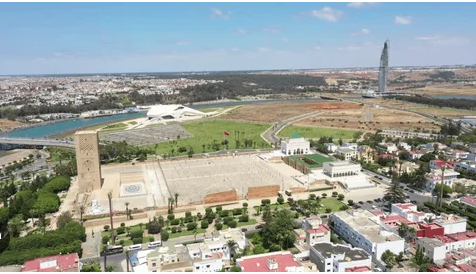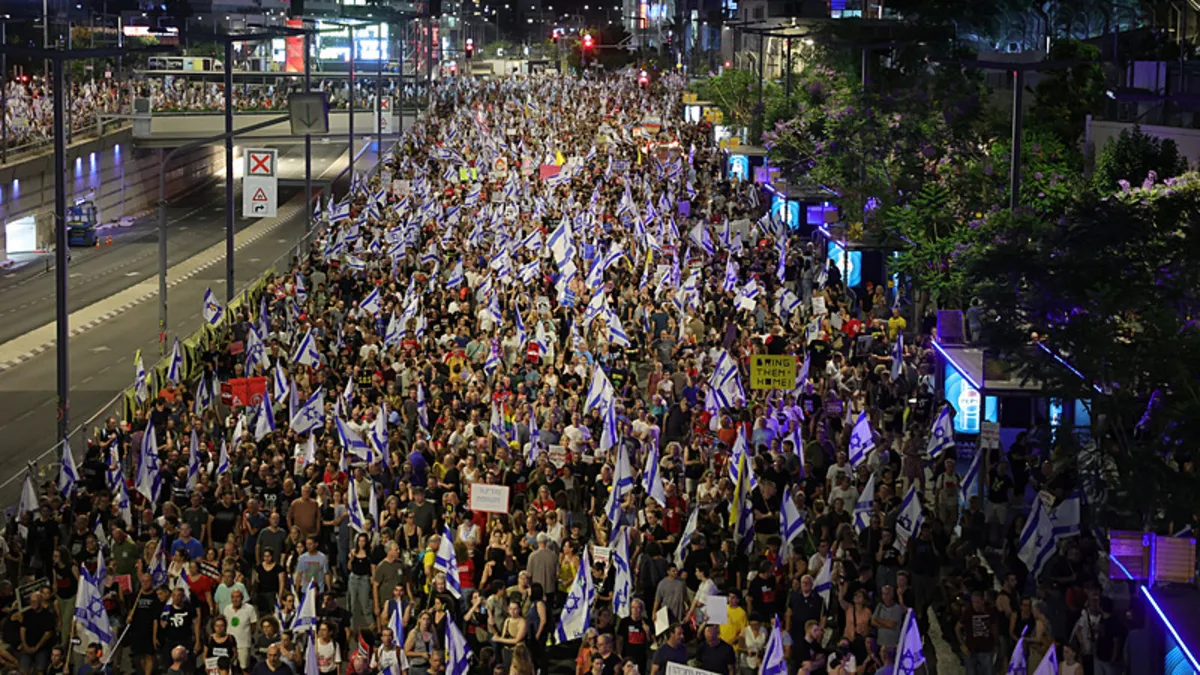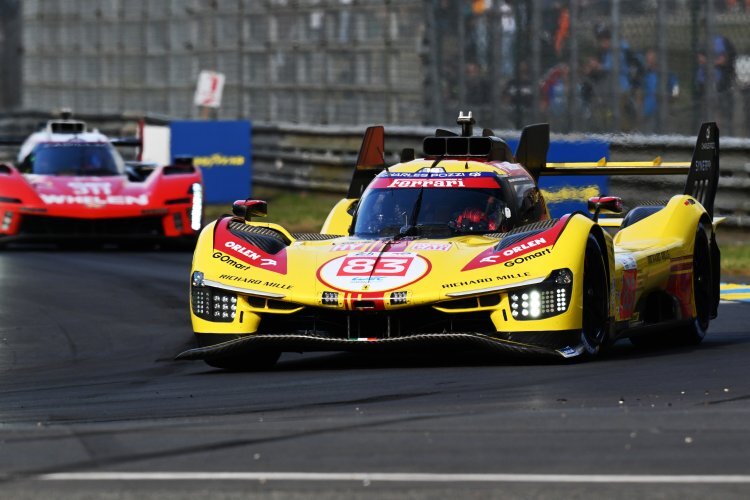The Secretary-General of the United Nations, António Guterres, did not mince his words and said aloud what everyone is thinking in a whisper during a conference he moderated last Friday, June 23, at the Institute of “Sciences Po” in Paris.
Questioned by a student at this prestigious Parisian institute on the political process for the settlement of the Moroccan Sahara affair, António Guterres indicated that the Sahara was decolonized peacefully in 1975 through the Madrid agreements signed the same year, while that the polisario was unknown at the time.
“For Morocco and for the UN, the end of colonialism in the Sahara ended in 1975. A recommendation was issued by the United Nations General Assembly in December 1975, which refers to the tripartite agreement signed the same year in Madrid,” said Moussaoui Ajlaoui, an expert associated with Ames-Center, in a statement to Libé.
“Therefore, you will absolutely not find a document at the UN that talks about the occupied lands in the Sahara, unlike other parts of the world like the occupied Palestinian territories. The United Nations considers decolonization to have ended in 1975.
It is no longer occupied, but rather under Moroccan administration”, explained the Moroccan researcher before affirming that Morocco uses the term regional conflict and has proposed an Autonomy Plan to resolve this conflict, which Plan is part of within the framework of what the United Nations (resolutions 1514 and 1541) and all Security Council resolutions from 2007 to the present day demand.
Recently, Morocco’s permanent representative to the UN, Omar Hilale, dotted the “i’s” by pointing out that the decolonization of the Saharan provinces of Morocco has been definitively sealed since their return to the motherland in 1975.
Thus, during the annual meeting of the Committee of 24 (C24) of the United Nations held recently in New York, Omar Hilale affirmed that the question of the Moroccan Sahara is examined by the Security Council under Chapter VI of the Charter of Nations. as a regional dispute between Morocco and Algeria, emphasizing that the Security Council alone is empowered to make recommendations and propose solutions.
Moreover, when António Guterres was questioned about the parties blocking the political process in the Sahara affair, he implicitly accused Algeria and the Polisario puppets, saying: “This problem is blocked by those who block”.
“António Guterres, in a diplomatic way, affirms that the blockage comes from the parties which have not accepted the recent resolutions of the Security Council, namely Algeria, the main party to the conflict, and the Polisario. The latter two have a negative and unilateral reading of the resolutions of the UN General Assembly, in this case resolutions 1514 (published in 1960) and 1541 (published in 2004),” Moussaoui Ajlaoui told us.
What could block any progress in this file, according to this specialist in the question of the Moroccan Sahara, is the lack of visibility and the institutional instability of the Algerian regime. “The United Nations and major countries know that there is no institutional stability in the Algerian regime, as evidenced by the fact that since 2018, when the round table process began under the aegis of the Personal envoy of the UN Secretary General for the Moroccan Sahara, Horst Köhler, there is no Minister of Foreign Affairs in Algeria who has completed a full year of diplomatic exercise. The foreign intelligence service dependent on the Algerian army, which manages the Sahara issue, is also unstable. There is no clear vision for this, and the United Nations and the major powers are aware of this”.
Faced with this deadlock, Moussaoui Ajlaoui believes that the UN is required either to seek new approaches to convince the main party in this artificial conflict, namely Algeria, or to intervene within the framework of Chapter VII and impose all which has been stated in the resolutions of the Security Council since 2007, that is to say a political solution or the withdrawal of MINURSO and the return to the status quo.
Mourad Tabet












